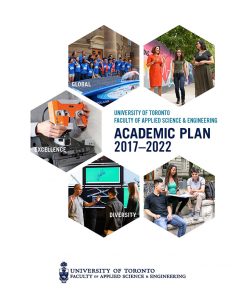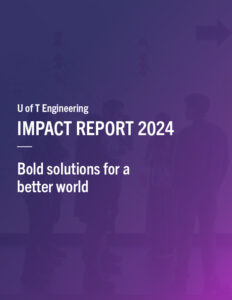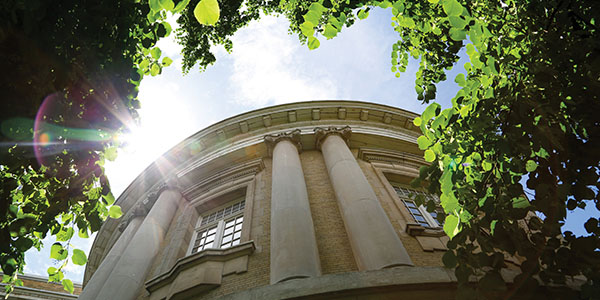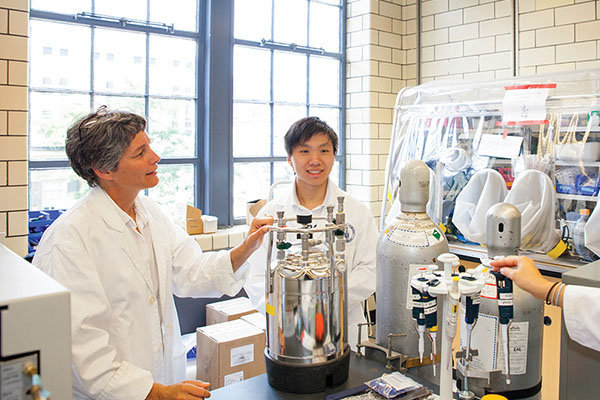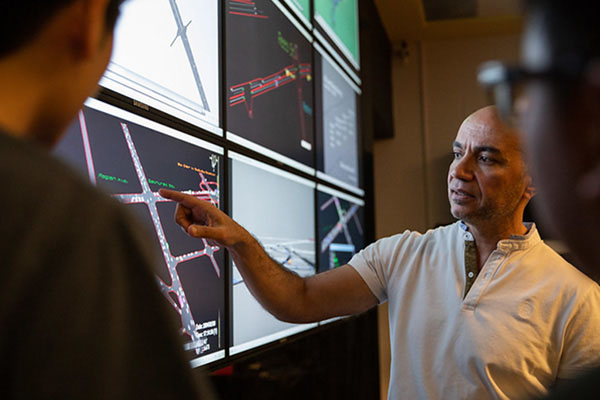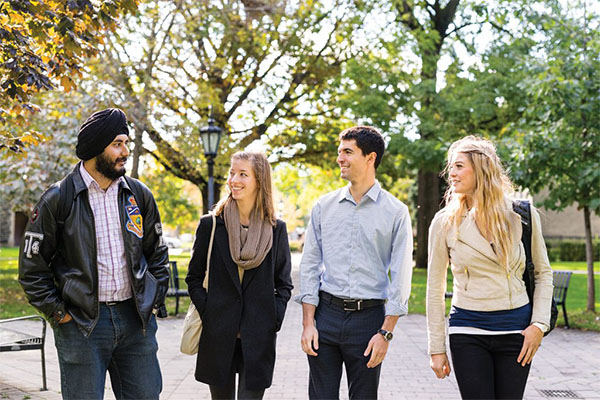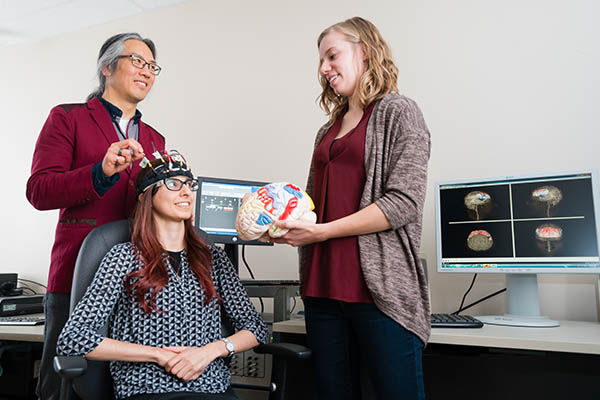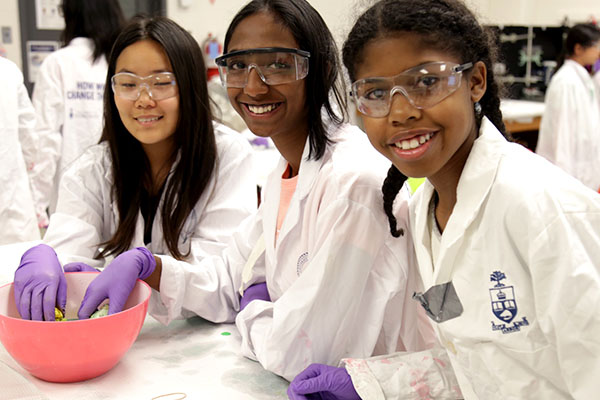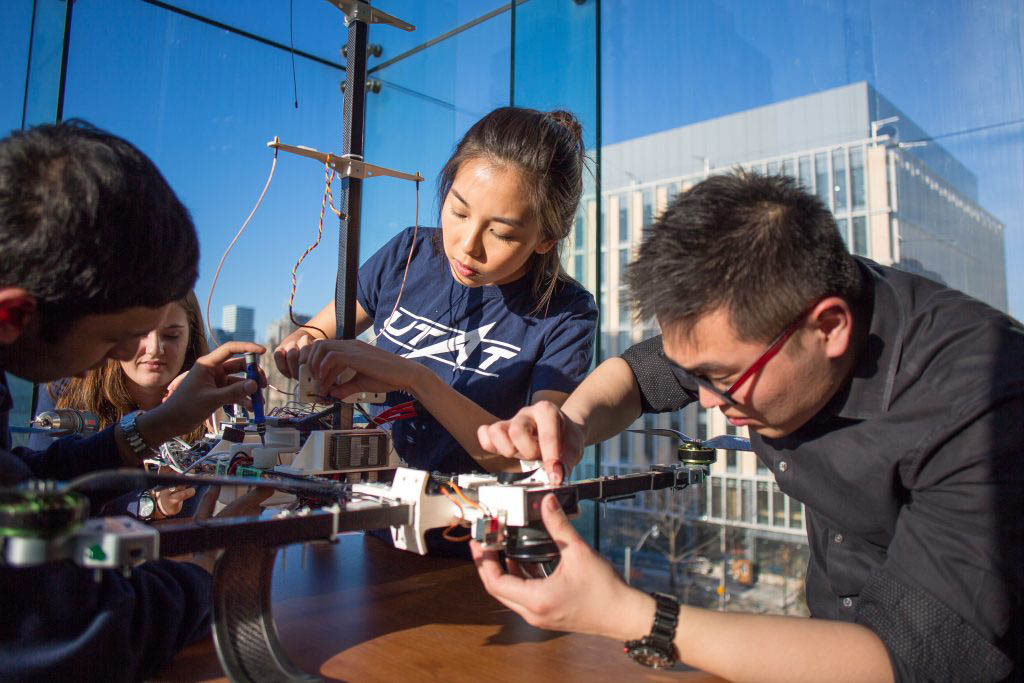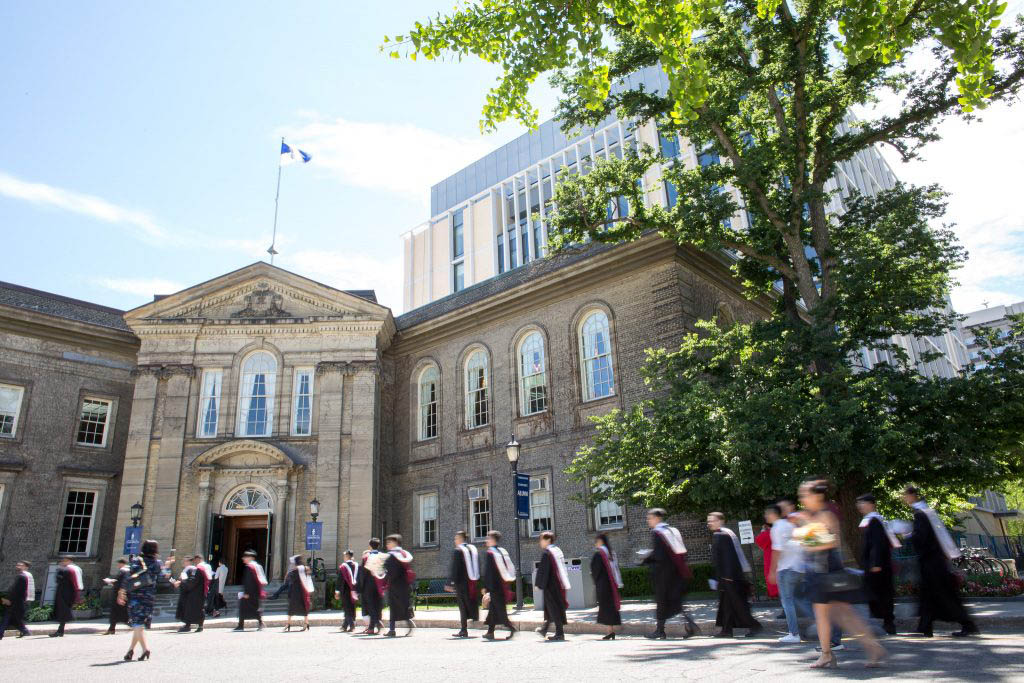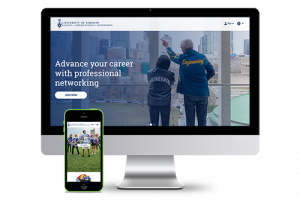I am very pleased to formally announce the appointment of Professor William R. Cluett as Director, Division of Engineering Science for a 2-year term, ending June 30, 2022.
Will has an outstanding and extensive record of administrative experience within the Faculty. From 1997–2003 he was Chair, First Year, and also held the position of Vice-Dean Undergraduate from 1998-2003. From 2005-2011 he served as Chair of the Division of Engineering Science. Will is also an outstanding teacher, reflected in his numerous teaching awards, including the Bill Burgess Teacher of the Year Award for Large Classes in the Department of Chemical Engineering and Applied Chemistry in 2014, the Sustained Excellence in Teaching Award from the Faculty of Applied Science and Engineering in 2016, the President’s Teaching Award from the University in 2018, and most recently the 2020 OCUFA Teaching Award.
Please join me in thanking Will for his continued leadership in service to the Division and to the Faculty.
To our U of T Engineering community
It’s hard to believe we’re almost halfway through our Winter 2021 term, but Reading Week is upon us. I wanted to check in with everyone, and share some updates on our ongoing planning.
Reading Week
Reading Week is coming up for all undergraduate students next week — February 15-19, inclusive — that means no lectures, tutorials or labs, and I encourage all our instructors to avoid scheduling tests and major assignment deadlines for the first few days after Reading Week as well! I hope students and faculty alike will take a breather during the week, get some rest, and reset for the second half of the term. Reading Week is a great chance to reconnect and focus on the big picture perspective. You’ve got this.
Resources & supports
None of us gets anywhere alone — that goes for students, staff, TAs and professors alike. Asking for help is a sign of self-awareness and it shows strength. Remember that even while we’re working and studying remotely, there are still a wide range of resources and supports available and accessible to you. In this note I’ve included a list of contacts to keep handy, for yourself, a friend or a colleague.
Summer 2021 session & planning for Fall term
We continue to follow the latest public health information and governmental guidelines to inform our scenario planning for the terms ahead. First, a big thank you to the many faculty, instructors, TAs and staff who have worked so diligently and tirelessly on planning and delivery over the past few terms, and those to come.
All U of T Engineering courses for the Summer 2021 session will be delivered remotely, and our remote access guarantee remains in place. The remote access guarantee means that for those who cannot be in Toronto, or choose to stay home, you will be able to continue your programs uninterrupted.
Looking ahead to the Fall 2021 term, our top priority is always the health and safety of our whole community. We are planning for different scenarios, and tracking the information from our public health agencies. While it’s much too early to predict what the Fall will bring, we are preparing several alternative plans, and will offer in-person experiences wherever and whenever it is safe to do so. We’ll update you again as those plans develop.
We continue to keep our Undergraduate FAQ and Graduate Studies FAQ updated — please check these regularly, as well as the University’s main UTogether FAQ, for the latest info.
It’s been terrific chatting with so many of you – undergraduate, graduate, staff and faculty – during the semester— I’m impressed and inspired by the energy, innovation, and indeed excitement you are bringing to all of your activities. The Skule™ spirit is indeed strong. We’re starting to see the light at the end of the tunnel now, so let’s keep taking care of ourselves and each other as best we can, and moving forward one day at a time.
Chris
Christopher Yip
Dean
Faculty of Applied Science & Engineering
University of Toronto
Support Resources for Students
Academic Concerns & Advising
You may have concerns about upcoming academic work that you may feel unprepared for or are unable to complete at this time. There is a petition process that can help mitigate the impact via extensions or exceptions to deadlines. You can read more about this process at https://undergrad.engineering.utoronto.ca/petitions/term-work-petitions/, and reach out to your Academic Advisors (through the advising portal or by email) & your Graduate Administrators (by email).
- First Year Team & Advisors
- Upper-Year Academic Advisors
- Engineering Department Graduate Administrators
Mental Health Resources for Students
Each of us responds to stress, grief and loss differently — at one time or another, we all need help. If you are feeling overwhelmed or unsure where to turn, please reach out.
U of T My Student Support Program (MySSP)
-
-
- Immediate and/or ongoing confidential, 24-hour counselling support
- 1-844-451-9700 (outside of North America, call 001-416-380-6578)
- Download the My SSP app: Apple App Store | Google Play.
-
- Campus Chaplains offer spiritual care in times of grief.
- View chaplain directory and book an appointment for a chat.
U of T St. George Health & Wellness
- Physical & mental health care including counselling & grief support.
- 416-978-8030
- Confidential support services for post-secondary students in Ontario and Nova Scotia.
- 1-866-925-5454 (Ontario), 1-833-292-3698 (Nova Scotia)
- Text GOOD2TALKON to 686868
U of T Engineering Mental Health & Wellness
- Mental Health learning opportunities, COVID-related resources, reports, services & supports for U of T Engineering.
NAVI (Your Mental Health Wayfinder)
- A virtual tool designed to help you navigate U of T’s mental health resources and connect you to the support you need.
Student Mental Health Resource
- U of T’s mental health resource hub containing the tools, strategies and experts to meet you exactly where you are on your mental health journey.
Support Resources for Staff and Faculty
All U of T staff and faculty members have access to the Employee and Family Assistance Program (EFAP). If you are experiencing distress, please reach out at any time – 24 hours a day, seven days a week, 365 days a year – by contacting the EFAP at:
- (Toll-free) 1-800-663-1142
- (TTY) 1-866-398-9505
- (Collect) 604-689-1717
- http://benefits.hrandequity.utoronto.ca/efap/
Professor Chris Damaren’s first term as Director, University of Toronto Institute for Aerospace Studies (UTIAS), ends on June 30, 2021; he is eligible for reappointment. In accordance with the Policy on Appointment of Academic Administrators, we will be commencing the process to seek approval of an Advisory Committee to the Dean on the appointment of a Director, Institute for Aerospace Studies.
The Committee should normally be composed as follows:
- the Dean of the Faculty;
- three to five members of the teaching staff appointed to the Institute;
- one or two students;
- a librarian, where appropriate; and
- two to four other qualified individuals, at least two of whom shall be from outside the Institute.
I would appreciate receiving nominations for individuals to serve on the Advisory Committee by December 18, 2020. Please forward all nominations to the attention of the Dean (dean.engineering@utoronto.ca).

